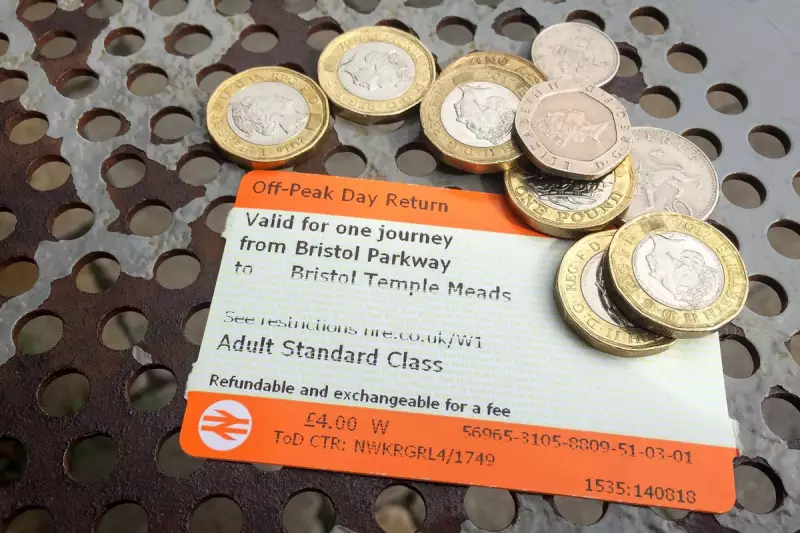
The UK government has quietly shelved its flagship plan to create Great British Railways (GBR), a centralised body intended to overhaul the nation's rail network. The decision, revealed in a recent parliamentary response, marks a significant retreat from the government's earlier promises to simplify and modernise Britain's fragmented rail system.
Why Was GBR Proposed?
First announced in 2021, GBR was designed to consolidate rail operations under a single public-sector entity, ending decades of fragmentation between private operators and infrastructure management. The move followed the chaotic collapse of the franchising system during the pandemic.
The Inflation Factor
Campaigners warn this U-turn comes at the worst possible time for passengers. With fares traditionally pegged to the Retail Price Index (RPI), July's inflation figures could trigger another painful hike in ticket prices. The RPI remains controversial as it typically overstates actual inflation.
Industry Reactions
- Transport Focus: "Passengers need stability, not constant uncertainty"
- Rail Delivery Group: "Focus must remain on delivering improvements"
- Unions: "Proof of government's lack of vision for rail"
What Comes Next?
With GBR abandoned, questions remain about how the government intends to address the rail network's structural issues. The Campaign for Better Transport has called for urgent clarity on alternative plans to protect both passengers and the future of sustainable travel in Britain.





